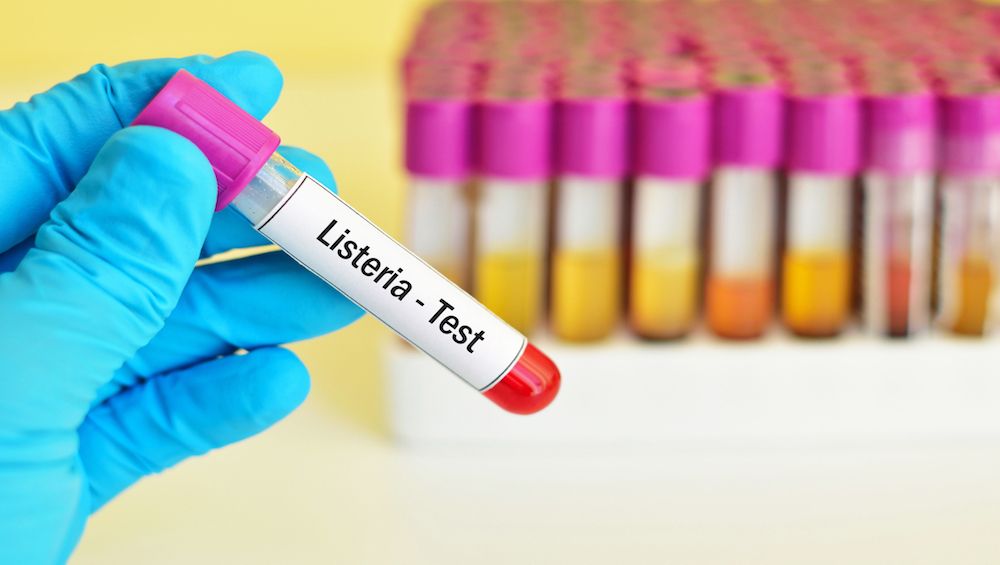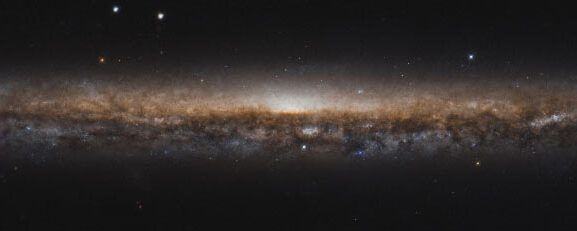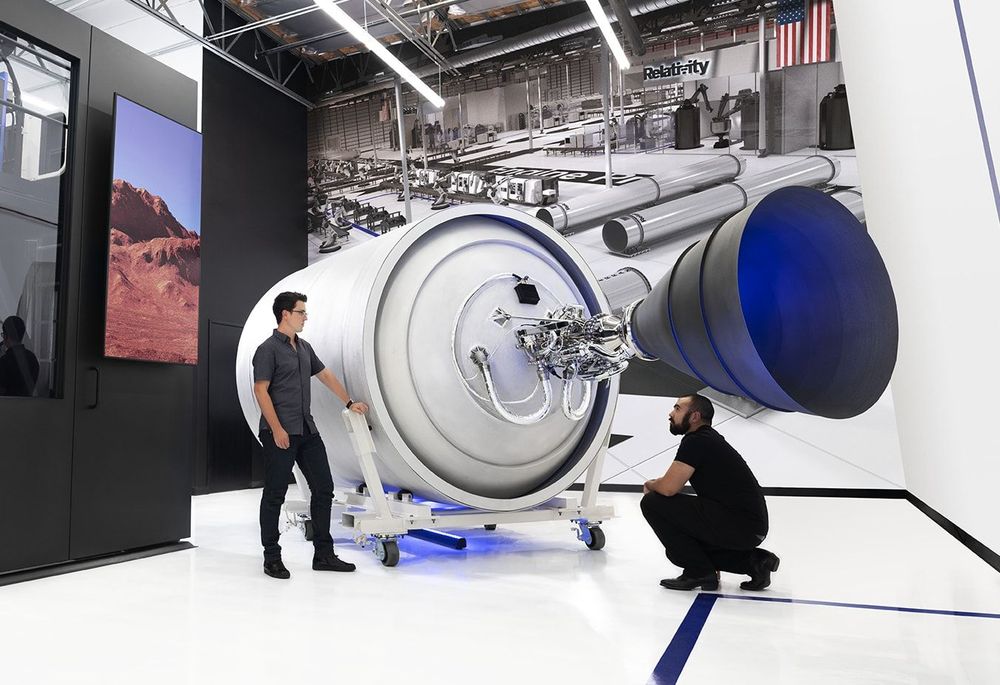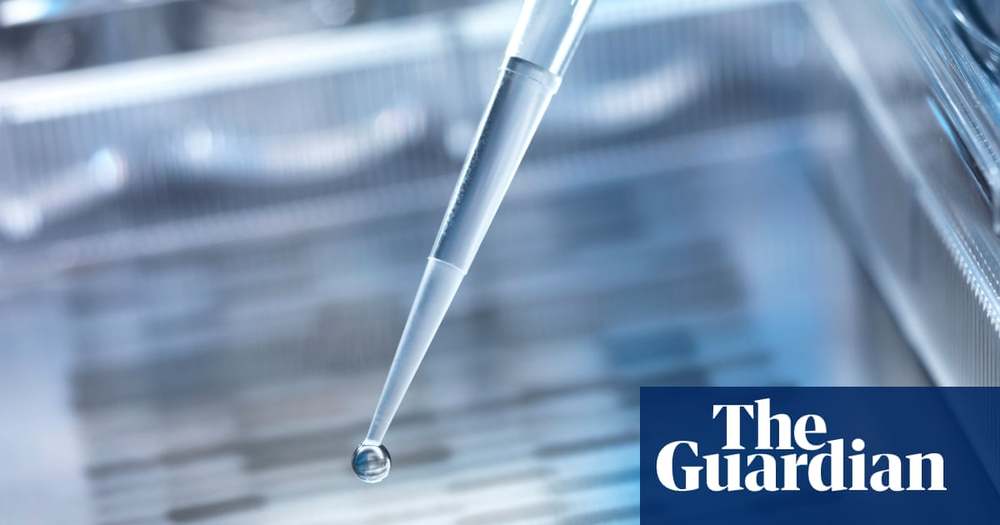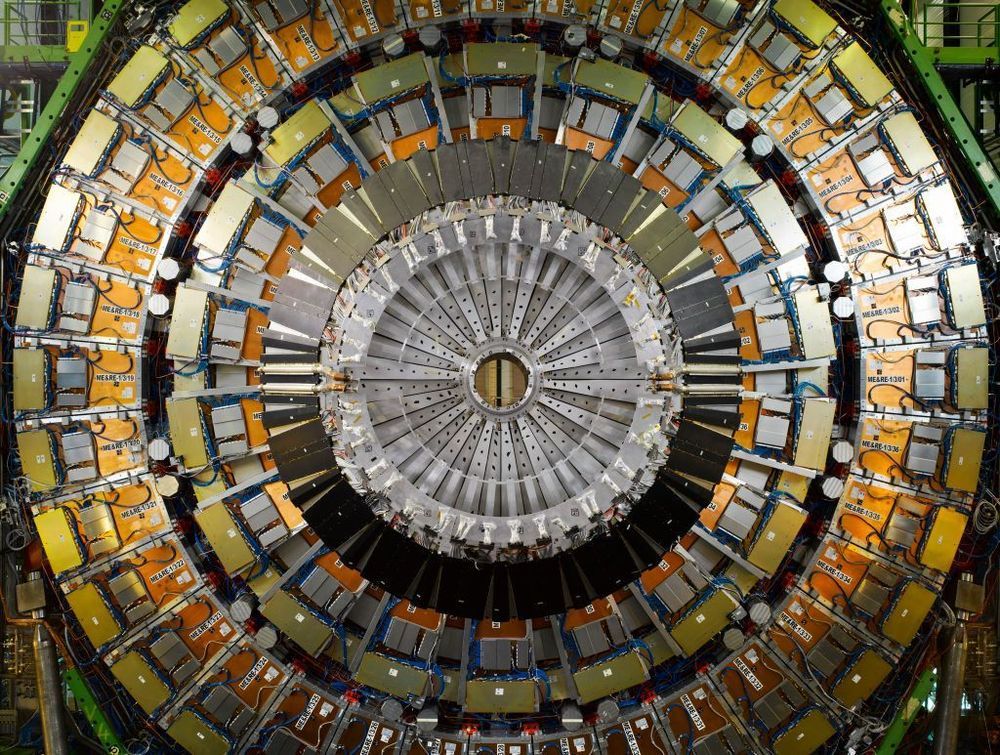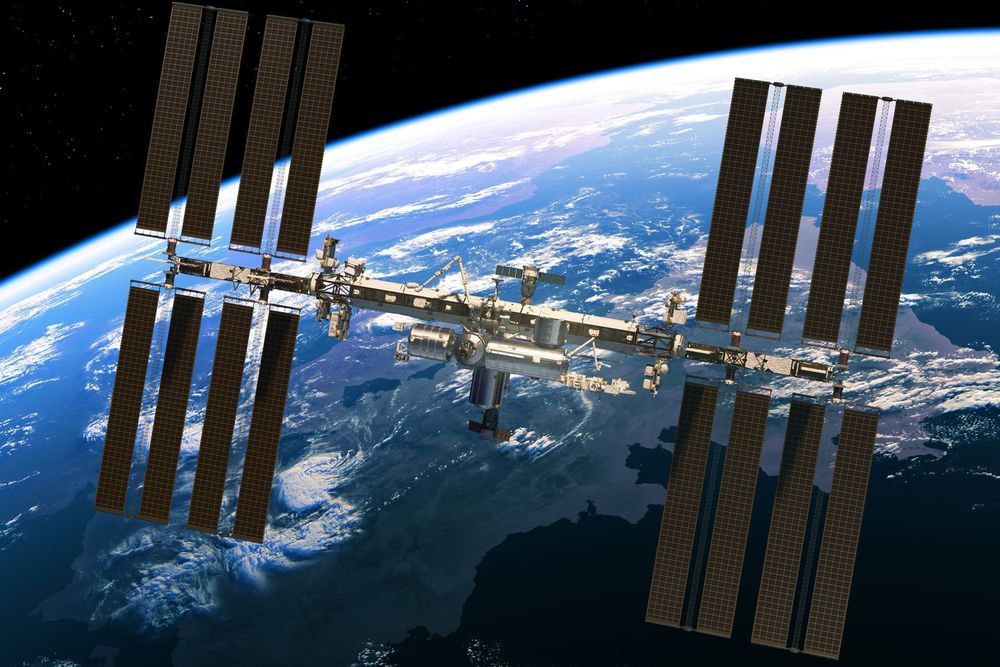Jun 24, 2020
Deaths linked to Dutch Listeria outbreak double
Posted by Genevieve Klien in categories: biotech/medical, food
The number of deaths linked to a Listeria outbreak from meat products in 2019 has doubled.
It had been thought 21 people were infected with Listeria monocytogenes in the Netherlands and Belgium. One person fell sick in October 2017, eight in 2018, and 12 in 2019. Three people died. All patients were hospitalized and one woman had a miscarriage. Two Dutch patients were pregnant women in their 30s. The others were from 64 to 94 years old and 10 were men.
Now it is known that Listeria in processed meats from Offerman, a Ter Beke subsidiary, made 35 people sick. Two women miscarried and six patients died. The information was revealed in the Dutch Food and Consumer Product Safety Authority’s (NVWA) annual report.
